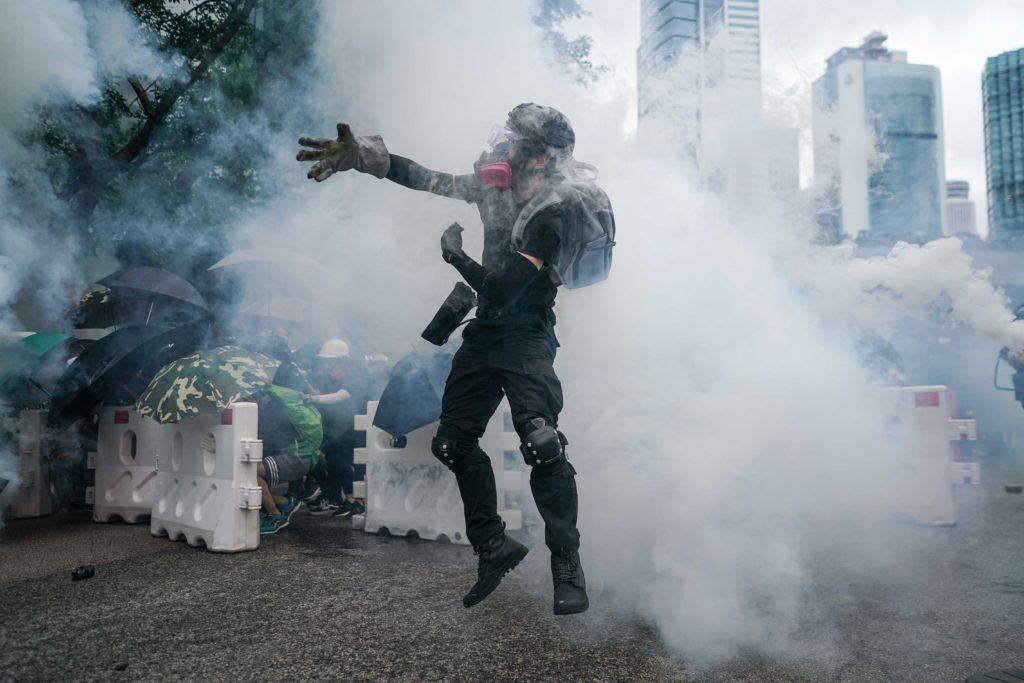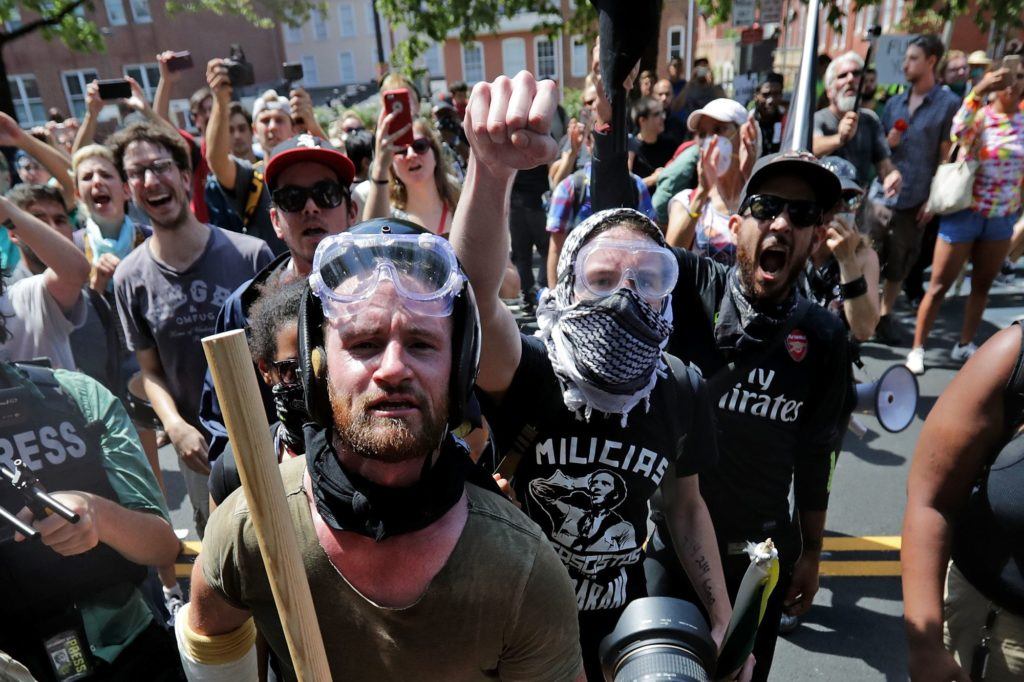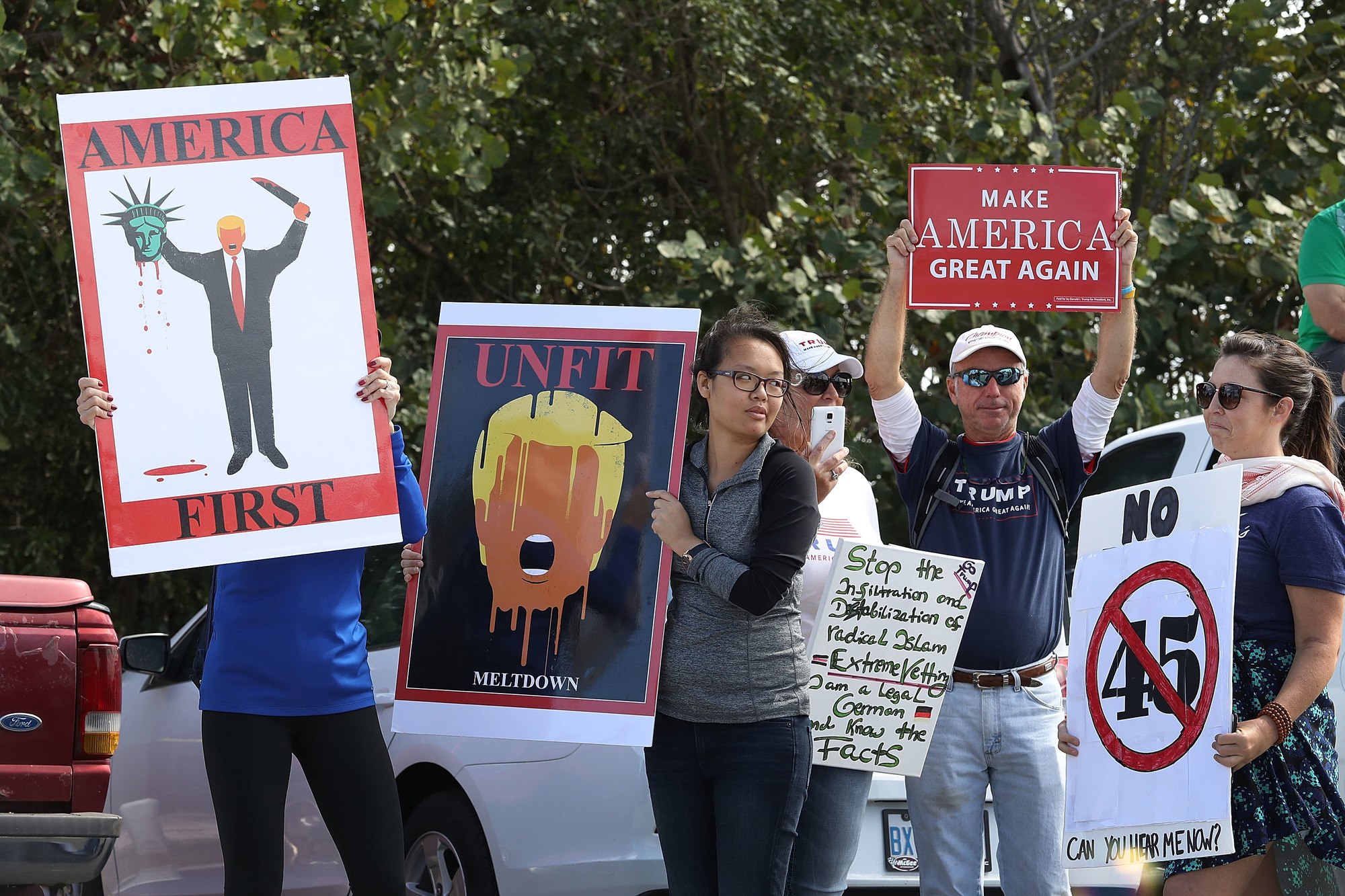

For example, she asked, “Who gets to decide who is ‘black enough’ for Black Lives Matter?”
#UNHERD REVIEW SKIN#
Critics of mixed-race activists maintain that they don’t share the same experiences as someone who might have a darker skin tone and as such, they should not be able to speak on behalf of that race, Washington explained.

Washington also talked about these activists, among others, to frame the broader discussion about the politics of race, agency, power, and advocacy. Rodriguez also commented on the timeliness of the events, in light of recent critiques of mixed race activists such as Colin Kaepernick and Jesse Williams. Rodriguez affirms that the UnHerd talks are not meant to be lectures, but rather open dialogues in which people have space to learn, ask questions, and practice a new skill. Washington led a conversation in which students were able to talk to one another in small groups and with the speaker in the context of a larger audience. She met Washington at the National Conference on Race and Ethnicity (NCORE) last year and recognized a gap in the racial discourse at the University from Washington’s talk on the experiences of biracial and mixed race individuals, as well as from such students at the University who expressed their feeling of being ostracized on campus.
#UNHERD REVIEW SERIES#
The series is entirely organized by MSS, and Rodriguez chooses all of the speakers for the series. The idea behind the series is that “in order to promote equity, we must be willing to listen to the voices silenced by oppression and also break away from the mainstream narratives and dualities that keep us from making progress,” according to Rosalie Rodriguez, Director of Multicultural Student Services (MSS). and was the second event in the UnHerd series of in-depth social justice training and workshops. 17 at her talk entitled “Who Gets to Speak on Behalf of Communities of Color: Complicating Mixed Race Leadership and Advocacy.” The talk took place in the ELC Forum at both 12 p.m.

Meanwhile, scientists are competing with one another to publish first.“Who gets to speak?” This was the question posed by Dr. You have to wear what is essentially a space suit, and every task is burdened with procedures that slow the work down dramatically. While clean rooms for these facilities are very serious matters, they are also well regulated and so far all the leaks we've had come from low-security facilities.ĭoing such research requires extreme safety precautions, and these make it very cumbersome to do the work. For example this following paragraph makes a routine procedure for clean room behavior as some kind of extremely dangerous event. It honestly feels like a radical centrist's idea of what Quillette should have been. We all have pet theories that we cannot prove conclusively but we feel there is enough evidence of to maintain those beliefs/ideas.Īlso as an aside I've seen some pretty awful takes from Unherd. Scientists are mostly left wing intellectuals that support the narratives that we're learning from scientific inquiry in how humans and our environment shape how we view the world. The absolute vast majority of scientists want to find out exactly where covid 19 strain of SARS originated, and back any findings that are accurate and not politically motivated to do so. Not a single reputable scientist has said they fear speaking out about scientific ideas and claims.
#UNHERD REVIEW FREE#
If, during the Covid fiasco, scientists have not felt free to speak their minds, then we have a serious problem that goes beyond the immediate emergency of the pandemic. Regardless of how the question of the virus’s origins is ultimately decided, we need to understand how the political drama surrounding the science played out if we are to learn anything from this pandemic and reduce the likelihood of future ones. The New York Times notes that “Many of the signers have not spoken out before.” “Speaking out” is an odd locution to use in a scientific context one expects to find it in a story about a whistle blower. Now 18 scientists have signed a letter in the journal Science with the title “Investigate the origins of COVID-19”. His reporting appears to have triggered a cascade of defections, not simply from a consensus that no longer holds, but from a fake consensus that is no longer enforceable. On 2 May, the veteran science reporter Nicolas Wade published a long, detailed account of the career of the lab-leak hypothesis.


 0 kommentar(er)
0 kommentar(er)
